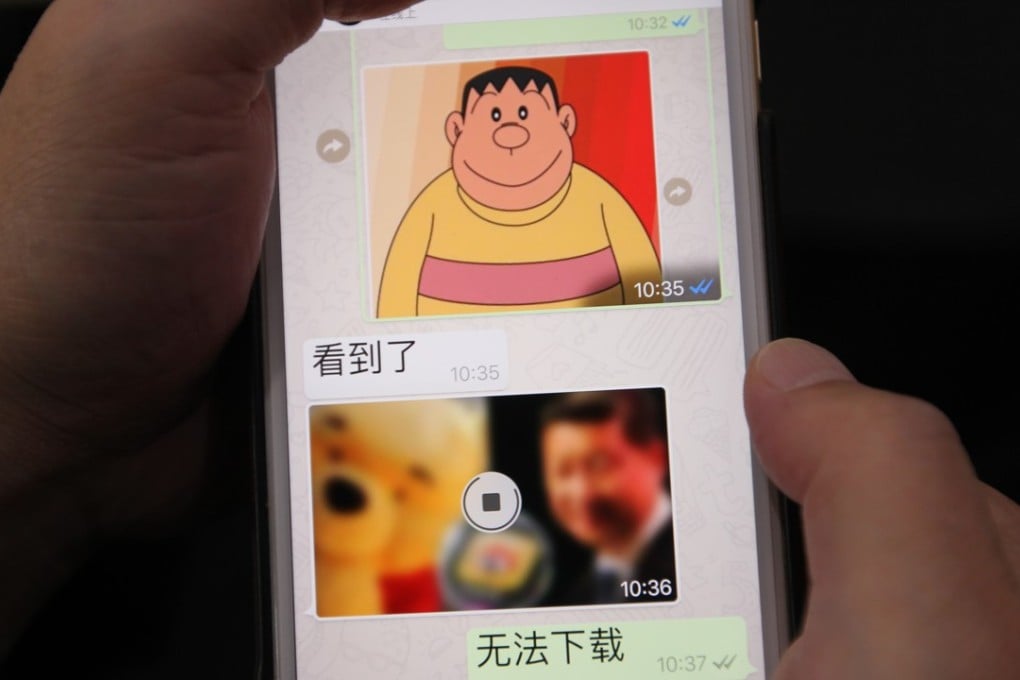Update | China’s WhatsApp users find ‘blocked’ messaging functions partially restored
Users had earlier complained of not being able to send or receive photos and video on the chat tool without a VPN

Update, July 19, Wednesday:
WhatsApp users on mainland China reported partially restored functions on Wednesday after experiencing trouble using the instant messaging tool on Tuesday.
Some users now appear to be able to send sound clips and photos, after reports of service disruptions a day earlier.
Tests with South China Morning Post reporters stationed in Beijing, Shanghai and Guangzhou showed different results, with Shanghai users experiencing the most difficulties.
A spokeswoman with Facebook, which owns WhatsApp, declined to comment on the service disruption on the mainland.
The Post’s staff members in Guangzhou on Wednesday found no issues sending and receiving text messages, videos, pictures and sound clips to and from local as well as overseas WhatsApp users.